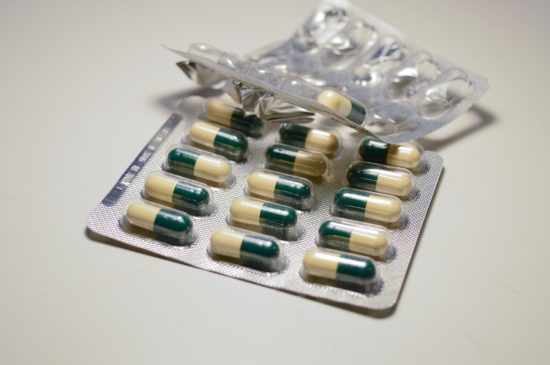The global pharmaceutical industry must play a key role in AMR mitigation
Antibiotics are essential medicines that have revolutionized modern healthcare, but the rise of antimicrobial resistance (AMR) is threatening their effectiveness. Antibiotics have delivered a major impact on global life expectancy at birth; it is estimated that they may save up to 200,000 lives annually in the United States of America alone.
However, the rise of antimicrobial resistance, when microbes develop mechanisms to protect them from the effects of antimicrobial drugs such as antibiotics, risks the very foundation of our global gealth systems. Today, AMR is already one of the top 10 global public health threats, and it is likely to get worse. The United States Agency for International Development (USAID) estimates that drug-resistant infections in humans and animals can kill up to 10 million people a year and cost economies a staggering $100 trillion by 2050 if multi-sectoral actions are not deployed expeditiously. Such drastic consequences require mitigating all of AMR’s drivers, which simultaneously contribute to the spread and emergence of resistance in humans and animals. Resistance can come from many sources, including overuse or misuse of antibiotics in humans, animals, agriculture, and aquaculture, poor infection control, lack of basic sanitation, inadequate waste infrastructure, and from antibiotics that enter the environment through processes like antibiotic manufacturing, among other factors.
AMR NEWS
Your Biweekly Source for Global AMR Insights!
Stay informed with the essential newsletter that brings together all the latest One Health news on antimicrobial resistance. Delivered straight to your inbox every two weeks, AMR NEWS provides a curated selection of international insights, key publications, and the latest updates in the fight against AMR.
Don’t miss out on staying ahead in the global AMR movement—subscribe now!







